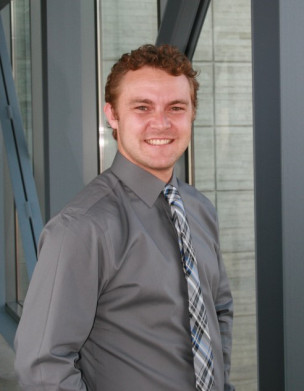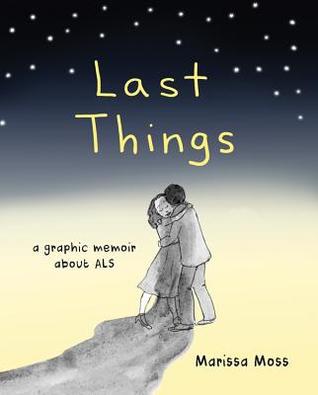Zach Groshell has taught in the US and Vietnam before moving to teach in an international school in Khartoum, Sudan. He is a passionate advocate for developing student mindfulness and independence in the classroom. Check out his blog at http://educationrickshaw.com
Q 1. Why teaching? What is the best thing about touching so many lives?
Zach: “I got into teaching thinking that there was no job out there that could satisfy so many of my career goals at once. I imagined myself as a sort of stand-up comedian on stage for 25+ kids and occasionally giving sage advice about how to navigate the perils of traditional schooling. Since then, I see great teaching as more of a creative partnership in which I set the conditions for students to achieve their goals, and students themselves are empowered to take action and make meaningful change in their own lives. I think the best thing about this career are those moments when I witness learning coming to students in such a joyful way that students feel inspired to further their learning on their own time.”
Q 2. How essential it is for an educator to be a learner for life?
Zach: “Most teachers are experts at modeling the attitudes of a learner in the classroom, but I’ve found it important to also show students that, despite having finished our formal “education”, we are readers, writers and mathematicians outside of the classroom. This is why I find the time to write stories for my students, post my blogroll on their LMS, and to bring my own books into class and read while they are reading. When I begin a math lesson, for example, I often frame it into a personal narrative of a time when I used the math we are going to be working on just the other day at the grocery store. The instructional time that I lose reading my own book once in a while during Silent Reading, or sharing a new poem to my class is made up by a passionate culture of learning that I think you can see and feel in my classroom.”
Q 3. What in your opinion is the most effective way to keep students interested?
Zach: “Students don’t learn best from people that they don’t like. Early in my career, it was important to develop my teaching persona to be funny, engaging, and likable to students. Now I put a lot of effort into building relationships with my students and learning about their interests. I come to school everyday with a teaching style that exudes a passion for learning and I leverage student interests and motivations to design lessons that are flexible, non-linear, student-driven, and (hopefully) always interesting.”
Q 4. We live in a digital world. Do you believe in incorporating technology in classroom? To what extent?
Zach:” I believe that the classroom should reflect the reality of our digital world. I teach in a 1:1 device classroom, and students use technology in some capacity for every lesson. The key for integration in my classroom is that technology is never used for the sake of using technology. Technology is used to enhance instruction, to maximize learning opportunities, and to redefine and transform what it means to be a learner in the 21st century. I don’t like the use of the word “balance” to describe technology integration. Since technology is a tool, we shouldn’t plan our lessons around which tool to use or some sort of set percentage of time spend on a device, but rather around the goal of the learning. Perhaps a better word than “balance” is “authentic”; I don’t choose to use an iPad one day and then a pencil the next, but rather I look at the goal of the learning task and ask the question, “How best might students learn this?”
Q5. Being a teacher is tougher than people think. What keeps you going?
Zach:” It is easy for me to put a lot of work into this profession because it is fun and I like kids. If either of those weren’t true, I’m not sure it would be worth it. In teaching, I’ve found it important to surround myself with educators that are less teacher-focused, and more student-focused. These people tend to be happier in the profession and make for better teachers. I use Twitter, my blog, and Facebook groups to see what people are thinking, expanding my professional learning community beyond the walls of the fishbowl that is any organization. These interactions inject excitement and knowledge into this career and make me want to continuously get better.”
Advertisements Share this:





